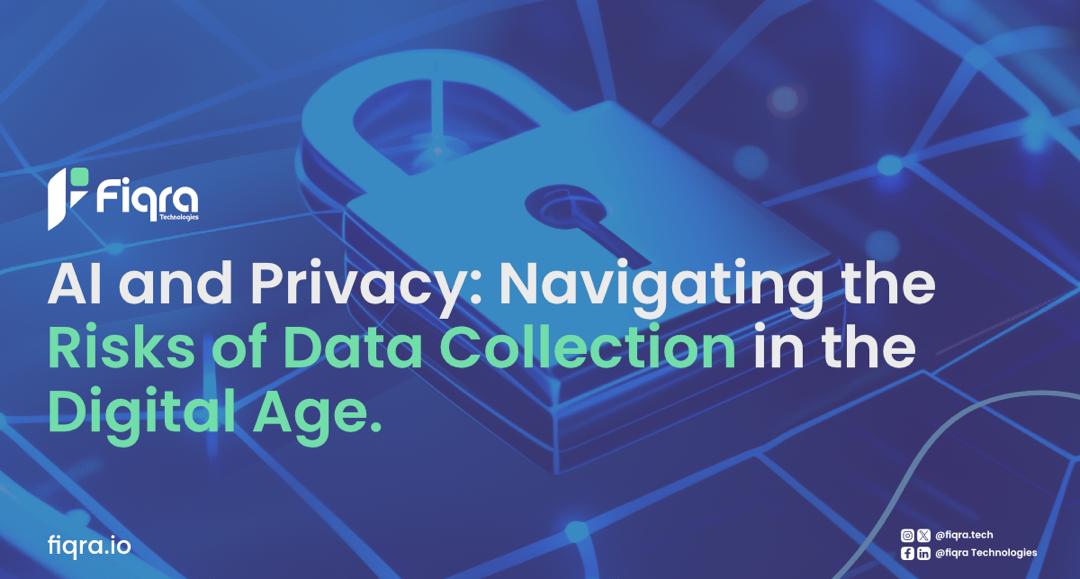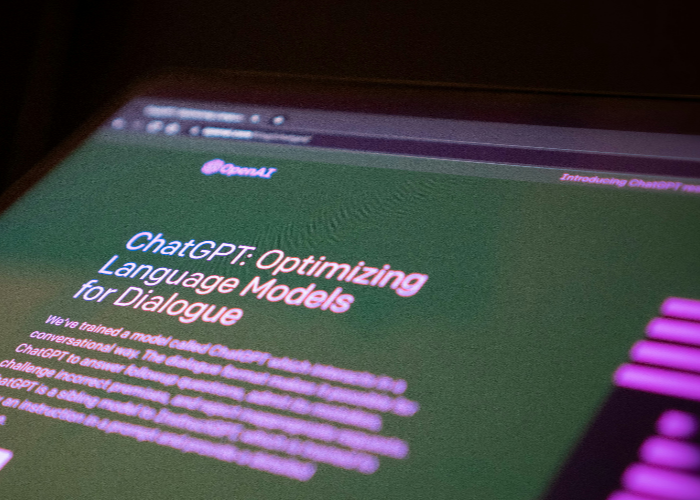
In the digital era, artificial intelligence (AI) has become an integral part of our lives, from personalized recommendations on social media to voice assistants in our homes. While AI offers immense potential, it also brings forward concerns, particularly around privacy.
As AI systems collect and analyze vast amounts of data, they have the power to significantly affect our privacy in ways we may not even fully understand.
This article explores the risks of data collection in the age of AI and how we can navigate these challenges.
A. The Growing Role of AI in Data Collection
AI thrives on data. Machine learning algorithms require massive amounts of information to recognize patterns, predict behaviors, and make decisions. This data comes from various sources: from the websites we visit, the apps we use, to the devices we carry. AI systems can track our online behavior, from shopping preferences to political views, creating detailed profiles of individuals.
For example. AI algorithms powering social media platforms analyze everything from what posts we like to how long we spend viewing content. While this helps deliver tailored content, it also means these platforms are constantly gathering and storing data about us. This data can be used in ways that may not always align with our expectations or consent.
B. The Risks to Privacy
One of the primary concerns with AI and data collection is that it can lead to the erosion of personal privacy. Here are some key risks:
1. Surveillance and Tracking
AI can enable constant surveillance, allowing companies or governments to track individuals' movements, behaviors, and even conversations. This surveillance, while offering some conveniences like personalized ads, can feel invasive, especially if people are unaware of the extent to which their data is being used.
2. Data Breaches and Security Risks
The massive amounts of data collected by AI systems are not immune to cyberattacks. Data breaches can expose sensitive information, including personal details, financial records, and health data. If AI systems fall into the wrong hands, the consequences could be devastating.
3. Bias and Discrimination
AI algorithms are only as good as the data they are trained on. If the data used is biased, AI systems can perpetuate discrimination. For example, if an AI system is trained on data that reflects biased societal attitudes, it may make decisions that unfairly target certain groups, whether in hiring, law enforcement, or loan approvals.
4. Loss of Autonomy
With AI-driven systems making decisions based on personal data, there is a risk that individuals may lose control over their own choices. Personalized content may limit the diversity of information we are exposed to, reinforcing echo chambers or even manipulating opinions and behaviors.
C. Safeguarding Privacy in the Age of AI.
While AI's potential is undeniable, it is crucial to address the privacy risks associated with it. There are steps that both individuals and organizations can take to protect personal data:
1. Transparency and Consent
Companies should be transparent about the data they collect and how it will be used. Users should have the ability to consent to data collection and easily access, modify, or delete their information when desired.
2. Stronger Regulations
Governments must implement robust privacy laws that protect citizens from excessive data collection. Regulations like the General Data Protection Regulation (GDPR) in the European Union are already setting important precedents by requiring companies to safeguard data and give consumers more control over their personal information.
3. Data Minimization
AI systems should be designed to collect only the minimum amount of data necessary for their purpose. This would reduce the amount of personal information at risk while still allowing AI to function effectively.
4. Securing AI Systems
Companies must invest in securing their AI systems to prevent data breaches. Strong encryption and regular security audits are crucial in safeguarding sensitive data.
CONCLUSION.
The intersection of AI and privacy is complex, but with thoughtful regulation, transparency, and responsible use of data, we can strike a balance between innovation and safeguarding our personal privacy. As AI continues to advance, it is up to both individuals and organizations to ensure that privacy remains a top priority, allowing us to enjoy the benefits of AI without compromising our fundamental rights.
Comments (2)
best blog post seen so far
Categories
Recent posts


Elevate Your Online Experience: 6 ...
30 Jan 2024
Unleashing High-Income Potential: 10 ...
30 Jan 2024
Reflecting on Our Unforgettable ...
15 Jul 2024.jpg)





This sounds so good